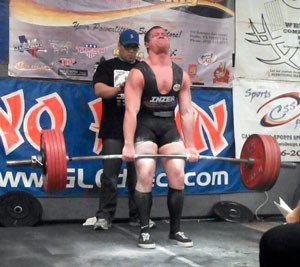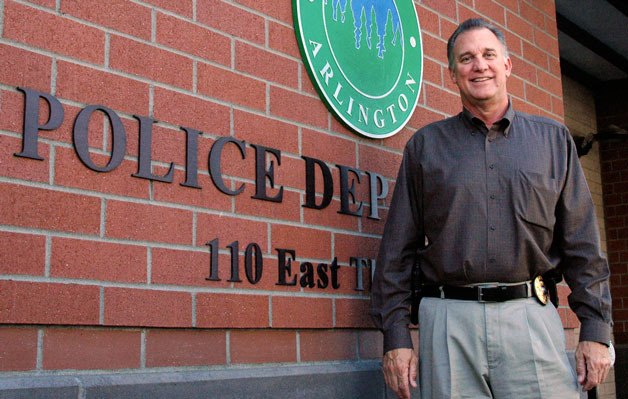WASHINGTON, D.C. — A controversial case brought forward by an Arlington-based group was the focus of Washington state elected officials, attorneys and the U.S. Supreme Court on Wednesday, April 28.
Supporters and opponents made arguments to the Supreme Court in regard to whether the names on approximately 138,000 signed petitions supporting an anti-gay marriage referendum should be made public.
Those petitions gave way to Referendum 71, which voters turned down last November.
Ultimately, the high court could forge new ground in determining the difference between conducting open government and helping protect political speech from intimidation when it makes its decision on the case later this summer.
Referendum supporters, such as Larry Stickney of Arlington, oppose Washington state’s same-sex and domestic partnership law and have lobbied to keep names of petition signers secret in order to protect them.
Stickney, president of the Washington Values Alliance, is affiliated with Protect Marriage Washington, which gathered the Referendum 71 signatures in question.
Supporters of the records becoming public are Washington state Attorney General Rob McKenna and Secretary of State Sam Reed.
Both sides were in attendance Wednesday as Supreme Court justices questioned them about the lawsuit against the Secretary of State, titled Doe v. Reed.
During the session, Justice Antonin Scalia asked attorney James Bopp Jr., representing petitioners who filed the suit, whether signatures should be protected under the Constitution.
“Running a democracy takes a certain amount of civic courage,” Scalia said. “And the First Amendment does not protect you from criticism or even nasty phone calls when you exercise your political rights to legislate, or to take part in the legislative process.”
Justice Samuel Alito asked McKenna whether he would be willing to give out addresses of the state’s lawyers so residents could have “uncomfortable conversations” with them.
McKenna said that that information was public, and people could already do so.
“Access to government information, including referendum petitions, allows Washingtonians to trust — but verify — their government’s work,” McKenna said in a release after the session Wednesday. “The public’s right to government records is an overriding state interest and shouldn’t be pushed aside because of one controversial ballot campaign.”
Read Not so fast in Doe v. Reed: A partial dissent from some early reactions to today’s oral arguments on the SCOTUSBLOG.






